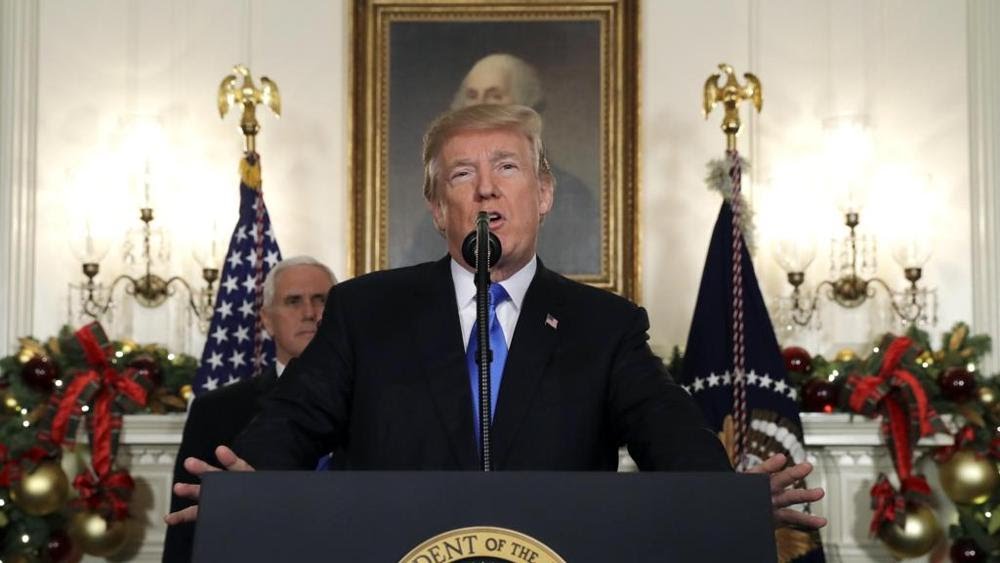Whether you hate or love President Trump, don’t let it blind you from the meaning of the words he utters, or the tweets he sends. Regardless of your emotions or strong political leanings, his words are decisively important; he is President of the United States.
Reliable resources for deeper Israel understanding
Embrace informed content on Israel, the Middle East and the Diaspora.
Begin with 7 days free to explore CIE’s rich sources, expert analyses and guided knowledge building.
$39 / year
JOIN CIE+
Already have a CIE+ account?
SIGN IN









